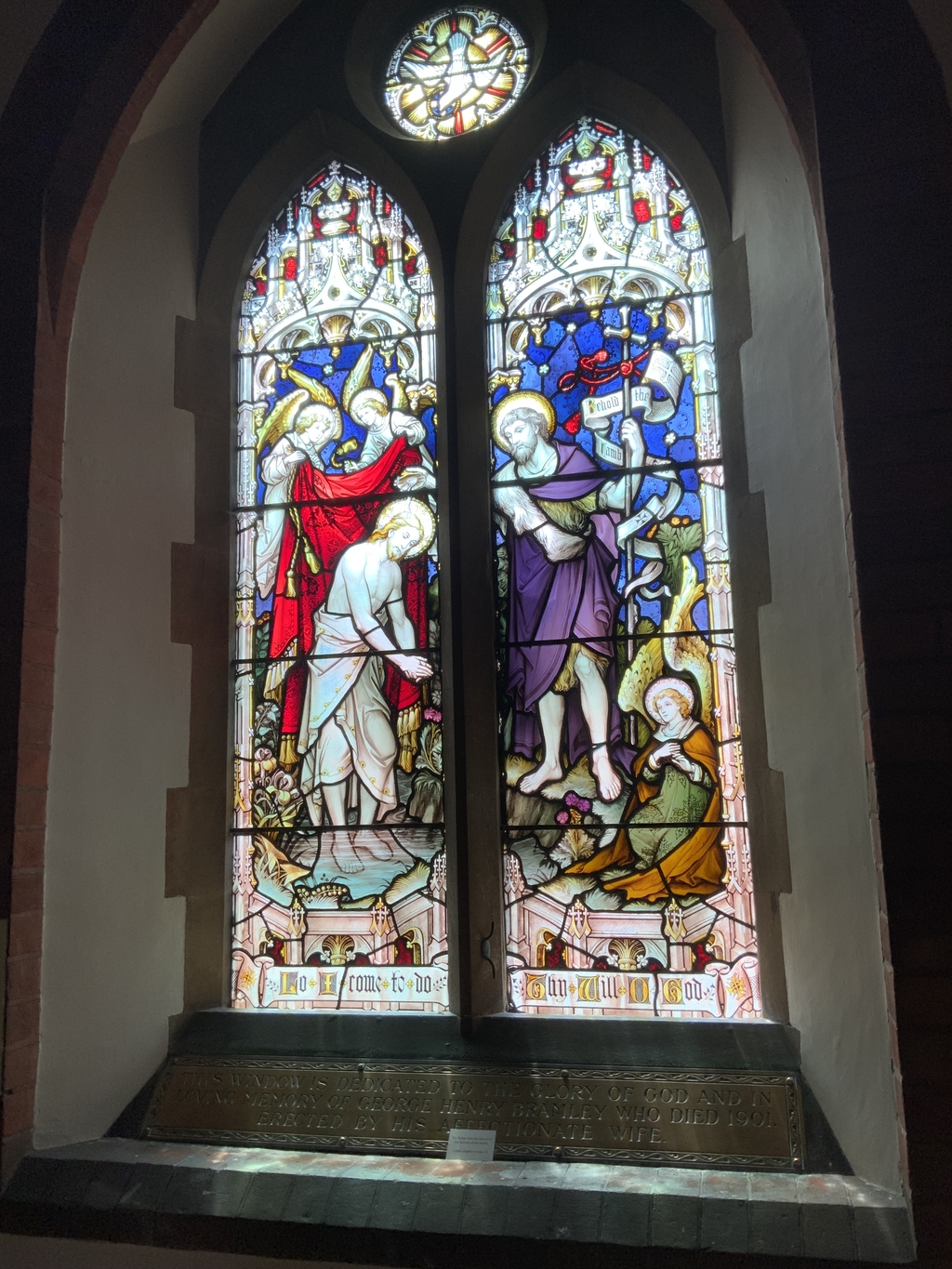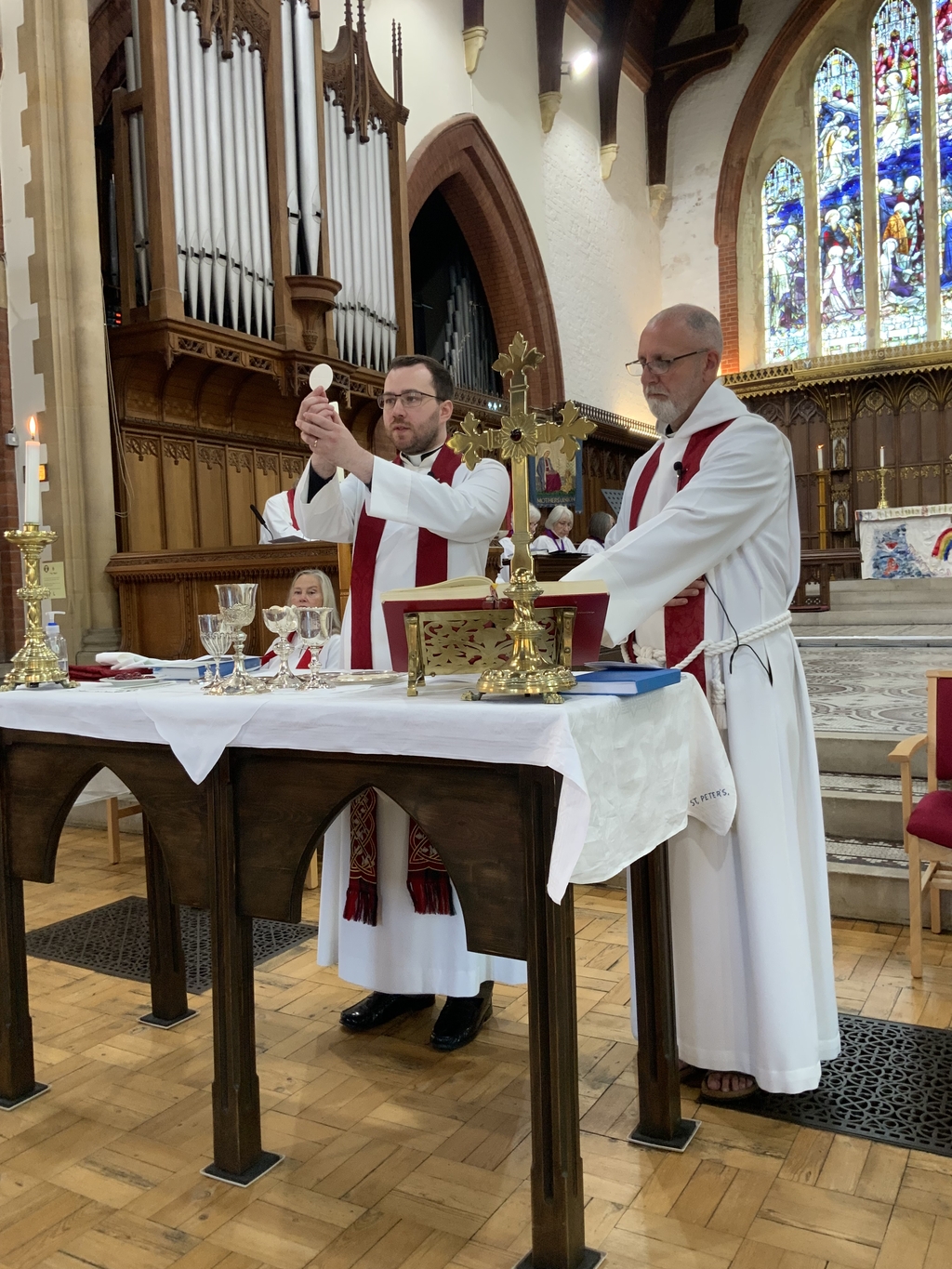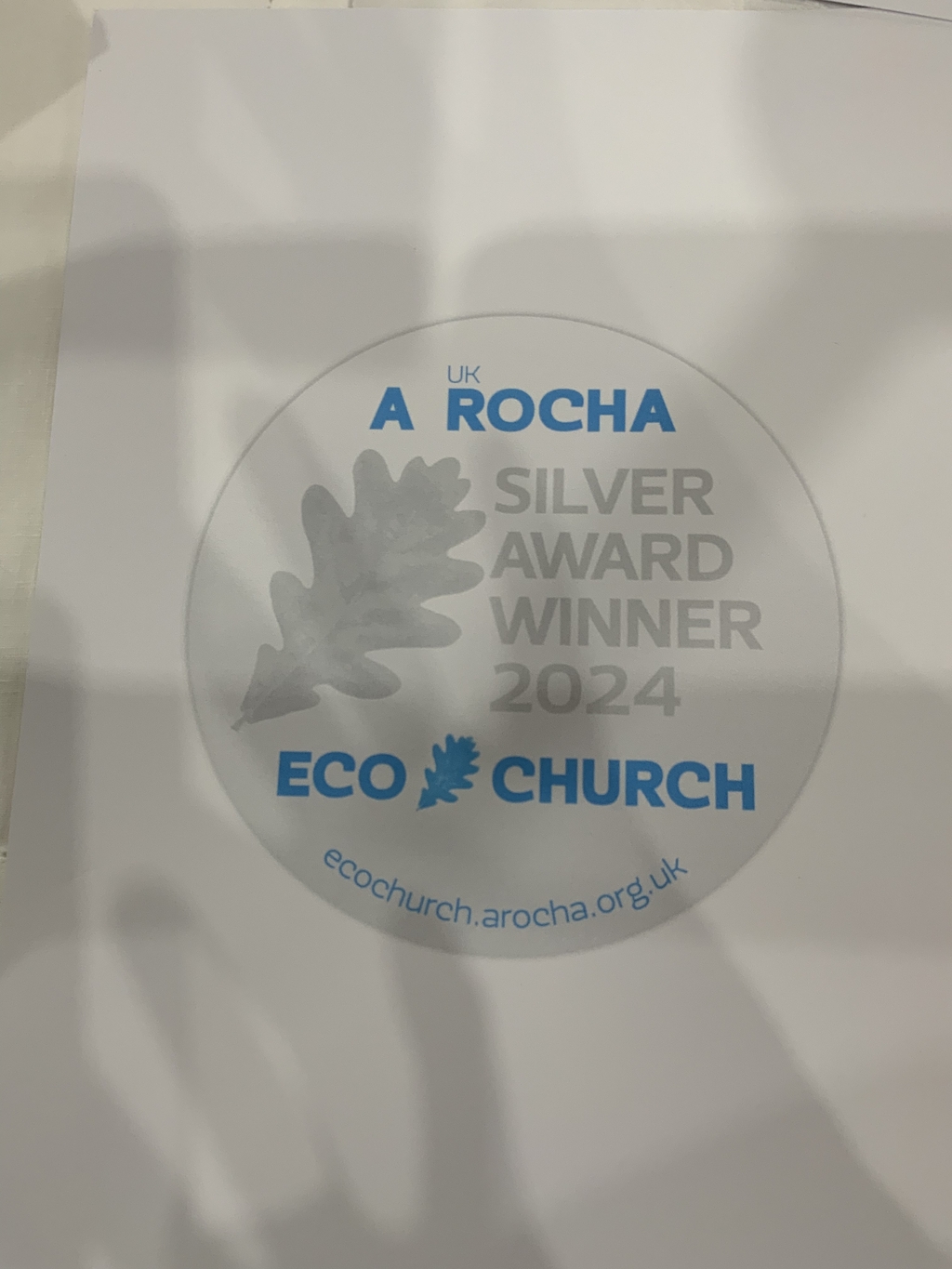Isaiah 55:10 – 13 Romans 8:1 – 11 Matthew 13: 1 – 9, 18-23
Today’s readings offer us vivid insights into what gives us life as a Christian – and also, what can damage or destroy that life. In Isaiah, the image of rain and snow watering the earth, which brings forth an abundant crop is likened to God’s word. God promises that as His word goes out and is heard and taken to heart, it will bear fruit and ‘not return to me empty.’ It is the promise of being able, by God’s action and with God’s help, to live a purposeful, meaningful and worthwhile life, and one that also blesses other people.
I’d like to take our Gospel reading next. In this passage from Matthew, Jesus is telling the crowds who had come to listen to him a story about a farmer who sows seeds on four different kinds of ground. First, the seeds fall on a path where they are immediately snatched and eaten by birds. Second, the seeds fall on rocky ground and manage to grow a little bit before dying because of the thinness of the layer of soil. Next, the seeds land among thorns and grow but are eventually choked by the dominant, oppressive weeds. Finally, the seeds fall on good soil where they are able to grow and produce an abundant crop.
Jesus goes on to explain this parable to the crowds, comparing the seeds to his words, his teachings. In the first instance, the birds are like the ‘evil one’ who devours the word before the hearer has had time to understand what it means. The rocky ground stands for people who initially hear the word and rejoice but collapse and fall away when troubles and difficulties arise. The thorns are the cares of this world, or the inordinate love of the superficial pleasures of the world, which ultimately suffocate the word of God if a believer does not stand against them. Lastly, the good soil represents someone who takes God’s word to heart, who takes time to understand it and who then lives in the light of that understanding. Jesus told this story so that people could understand some of the challenges in following him but also, so that, hopefully, they would aspire to become the ‘good soil’.
Now for the reading from Paul’s letter to the Christians in Rome. Paul had not started the church in Rome but he was hoping to visit them soon. He knew that most of the believers there were not Jews, or, if they were, they knew little about the Old Testament. In his letter he teaches them all about human nature and about what Jesus did for us. Paul emphasises the differences between living under the old law of Moses and in the life of the Holy Spirit. He stresses the conviction that we have been justified by Christ and that we do not have to work our way to a state of salvation.
Romans is a great charter of emancipation. In it, Paul spells out that we are justified by faith, and faith alone, and that we can live freely in the new life of the Spirit. Paul was desperate to remind the believers that they must not sink back into old legalistic ways of thinking about themselves or other people but claim their freedom in a new kind of life won for them by Jesus who died on the cross and who was raised by God’s Spirit from the dead.
Paul writes that if ‘the Spirit of him who raised Jesus from the dead dwells in you, he who raised Christ Jesus from the dead will give life to your mortal bodies also through his Spirit which dwells in you.’ He is saying that the Spirit that brought Jesus back to new life is the same one that lives in each and every believer! If we have opened our hearts to God, and submitted our lives to Christ, we have the power of that same Spirit within us. That might sound a little scary but it’s also incredibly exciting! So, what is the Spirit doing in you?
The Revd Christina Rees











